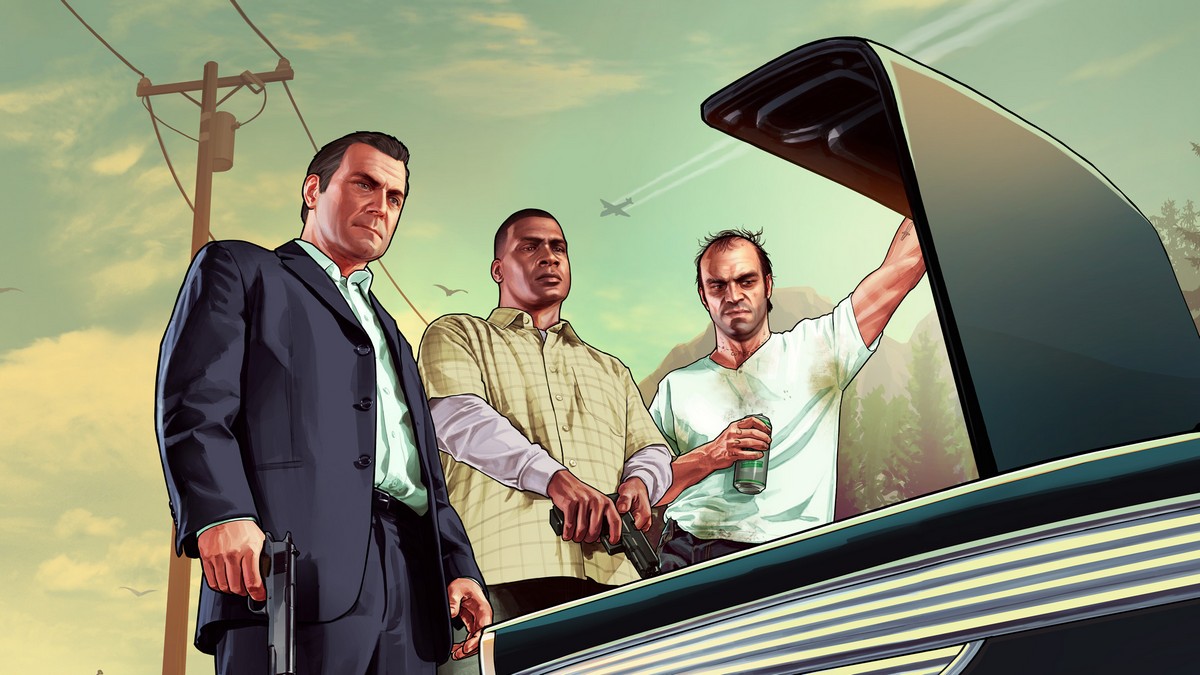Warner Bros. Games remains undeterred by the sub-par critical and commercial performance of Suicide Squad: Kill the Justice League and plans to further lean into the live service model for its games going forward. J.B. Perrette, CEO and President, Global Streaming and Games at Warner Bros. Discovery, laid out the company’s games strategy at a recent Morgan Stanley speaking event, reiterating the studio’s intentions to invest more in ‘games as a service’ model, free-to-play games and mobile titles, and expressing doubts about the “volatile” business of bespoke triple-A games on consoles.
Speaking at Morgan Stanley’s recent Technology Media and Telecom Conference, Perette reiterated Warner Bros.’ commitment to transform its biggest franchises into live service games and suggested a strategic shift away from triple-A releases.
“The challenge we’ve had is that our business, historically, has been very triple-A console-based. That’s a great business when you have a hit like Harry Potter (Hogwarts Legacy), it makes the year look amazing. And then, when you don’t have a release, or, unfortunately, we also have disappointments — we just released Suicide Squad this quarter, which was not as strong — it just makes it very volatile,” the executive said.
Perrette said that existing Warner Bros. franchises like Mortal Kombat, Game of Thrones, Harry Potter and DC presented the studio with an opportunity to expand its offerings beyond the console space. “We think there’s an opportunity to take those four franchises and develop a much more holistic approach, particularly around expanding into the mobile and multi-platform free to play space, which can give us a much better and more consistent set of revenue,” he said. The executive confirmed that WB Games will be launching several free-to-play games on mobile later this year.
Despite the massive success of last year’s Hogwarts Legacy, WB Games seem to have less faith in triple-A console releases, owing to long development cycles and high development costs. A live service model, on the other hand, can offer continued engagement and generate revenue more consistently, the studio believes. Perette said that Warner Bros. will look to expand its existing games around the live service model and suggested that a Hogwarts Legacy sequel could perhaps offer the same. “Rather than just launching a one-and-done console game, how do we develop a game around, for example Hogwarts Legacy or Harry Potter, that is a live service, where people can continue to live and work and build and play in that world on an ongoing basis?” he said.
Warner Bros. had announced its strategy to veer into the live service space at an earnings call last year in November. WB CEO David Zaslav had said that the company planned to transform its biggest video game franchises into long-term products. “Ultimately we want to drive engagement and monetization of longer cycles and at higher levels,” Zaslav had said at the time.
The studio also seems unfazed by the failure of its latest triple-A release, Suicide Squad: Kill the Justice League, which follows a live service looter shooter model. The game, which released last month on PC, PS5 and Xbox Series S/X, reportedly fell short of Warner Bros. expectations. At the time of writing, the third-person shooter has 208 players online on Steam, with all-time peak player count of just over 13,000. In our own 6/10 review for the game, we said Kill the Justice League was severely held back by its live service model, with “baffling design choices, mundane mission structure, and unclear identity” working against the game’s strengths.
The games as a service model also seems to have reached a point of saturation, with several titles competing to retain player engagement. While popular games like Fortnite and Call of Duty have done well, newer releases have struggled to adapt the model successfully. Heavily-monetised live service titles also seem to have lost favour among gamers themselves.
Hogwarts Legacy, a single-player console release with no microtransactions and live service elements, became the best-selling game last year, selling over 22 million copies.





